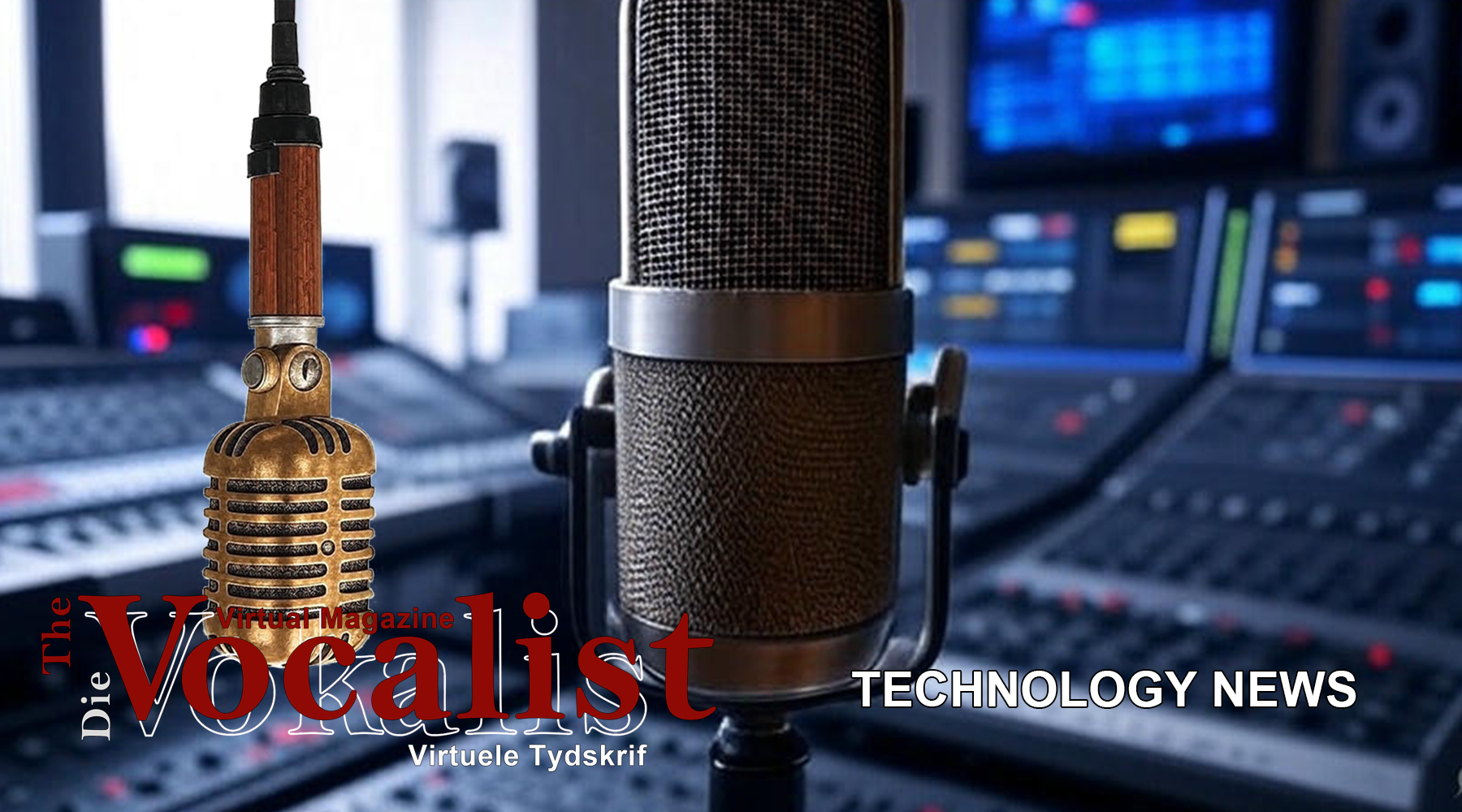The integration of artificial intelligence (AI) into music production is sparking heated debate among South African musicians. As of June 18, 2025, platforms like Suno and Udio are gaining traction, enabling artists to generate tracks with minimal resources. However, a Digital Music News report from the same date revealed a class-action lawsuit against these platforms, with South African artists joining global peers in accusing AI companies of copyright infringement, highlighting a divide between innovation and ethics.
AI music tools allow users to create original compositions by inputting prompts, a boon for independent artists. A MusicRadar article from June 6, 2025, showcased how Johannesburg-based producer Griffith Malo used AI to enhance his track “MIND OVER MATTER,” released in June 2025. Malo, quoted in afropami.com, praised AI for speeding up production, stating, “I can experiment with sounds in hours, not weeks.” For young artists in resource-scarce areas, AI democratizes access to professional-grade production, as noted in a The Nation Newspaper report from June 18, 2025.
The technology’s appeal is evident in South Africa’s vibrant music scene. A Forbes Africa piece from June 13, 2025, emphasized that AI tools align with the continent’s growing creative job market, with Johannesburg musicians leading the charge. Platforms like Suno enable artists to generate Amapiano or hip-hop beats, which can then be refined using digital audio workstations. A post on X from June 13, 2025, by @SAMusicTech celebrated AI’s role in empowering unsigned artists, citing a Cape Town producer who created a viral track using Udio.
Yet, the backlash is significant. The Musicians’ Union on June 12, 2025, reported that South African artists, including members of the South African Music Industry Council, fear AI undermines their craft. The lawsuit against Suno and Udio, detailed in Digital Music News, alleges that these platforms trained their models on copyrighted South African music, including Amapiano and kwaito tracks, without permission. Artists argue that AI-generated music floods the market, diluting their earnings. A Billboard article from June 17, 2025, quoted a Durban musician who said, “AI can mimic my style, but it can’t live my struggle.”
Ethical concerns extend to cultural authenticity. A The Hindu report from June 18, 2025, noted that AI risks homogenizing South African music by prioritizing global trends over local nuances. For instance, AI-generated tracks may lack the storytelling inherent in genres like maskandi. Additionally, a Music Ally piece from June 16, 2025, highlighted the economic threat to session musicians, who are already struggling post-pandemic. In South Africa, where live music is a key income source, this could devastate livelihoods.
The debate is shaping the industry’s future. Some artists propose hybrid approaches, using AI as a creative tool under human oversight. A TechCentral report from June 13, 2025, described a Johannesburg studio experimenting with AI to remix traditional songs, preserving cultural roots. As South African musicians navigate this technological frontier, the challenge lies in balancing innovation with integrity, ensuring that AI amplifies rather than erases their voices.
Discover more from Vocalist
Subscribe to get the latest posts sent to your email.




